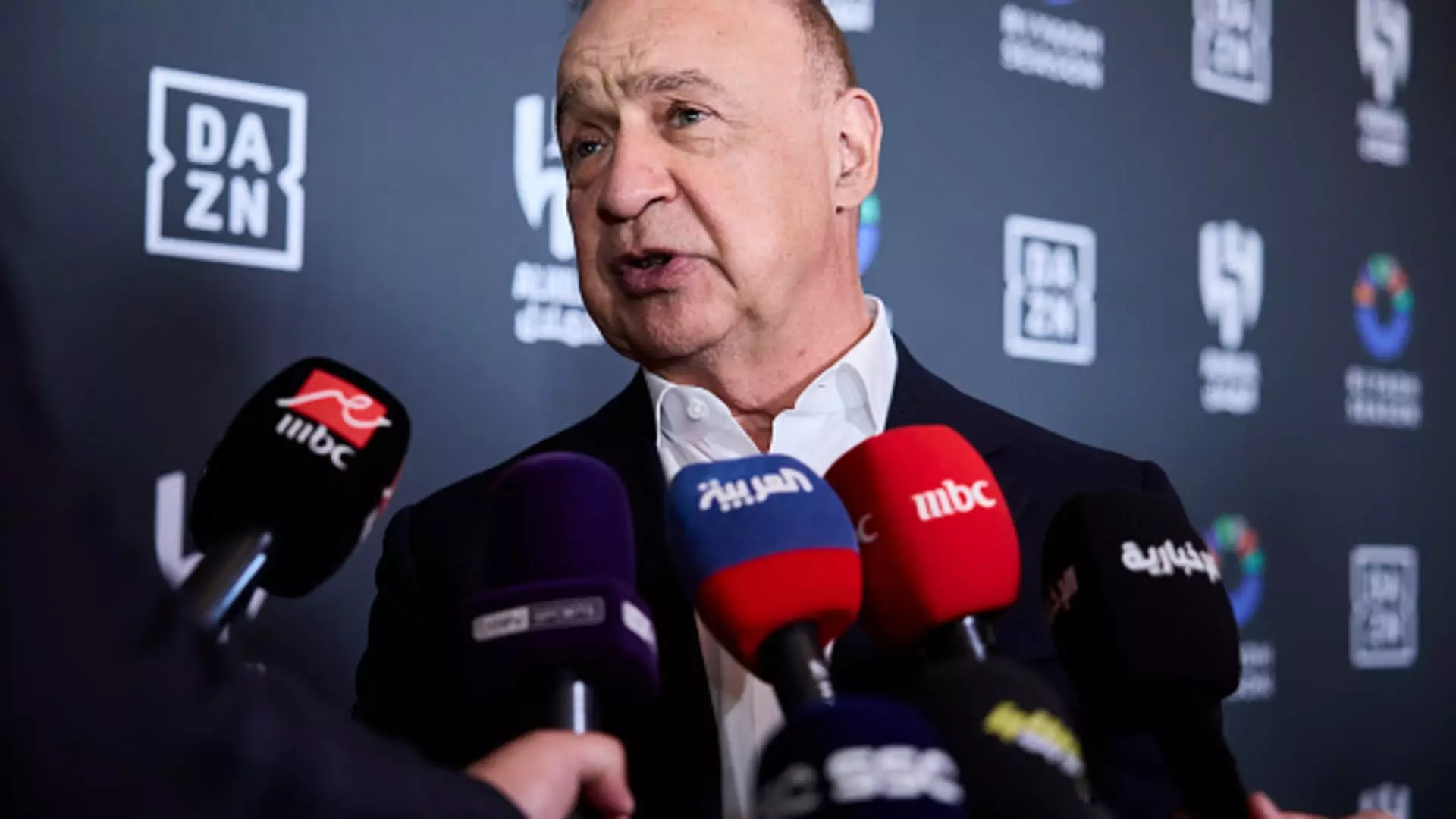The precarious landscape of investment is being reshaped by the economic tremors sent out by President Donald Trump’s aggressive tariff policies. The staggering realization is that these tariffs, designed to protect domestic industries, may be inadvertently stifling the very investment climate they intend to safeguard. In March, a pronounced contraction of deal-making activities was observed among elite private investment firms, with single-family offices retreating to a striking 45% decrease in direct investments compared to the previous year. With a chill in the air, many investors are reassessing their strategies amidst the looming shadows of tariffs that threaten to alter the entirety of global commerce.
Investment activity is often a barometer for economic health; when it stalls, as evidenced by the reported 22% month-over-month decline, it signals deeper anxieties within the corporate and financial sectors. A mere lack of certain days in February cannot adequately account for such a dramatic plummet. Therein lies a truth that many in the investment community are grappling with: uncertainty around tariffs breeds hesitation and skepticism. What was once a bustling arena for strategic investment now feels more like a minefield where the stakes have never been higher.
The Light Amidst the Darkness: A Few Bold Moves
However, it’s not all gloom and doom. There are pockets of optimism, as demonstrated by select family offices daring to step forward. For instance, Euclidean Capital, known as an investment vehicle for the late hedge fund titan Jim Simons, recently dipped its toes into a $60 million fundraising initiative for Zeitview. This startup, harnessing the power of drone imagery and AI to inspect infrastructures like wind turbines and solar panels, reflects a forward-thinking approach to investment even in turbulent times. Such desperate needs for innovation hint at the idea that not all is lost; where one sees retreat, another might see opportunity.
Additionally, in a significant transaction, Dubai Holding, backed by the ruling family of Dubai, acquired Nord Anglia Education for a staggering $14.5 billion. This move suggests that some investors possess a resolute belief in the intrinsic value of premium education, despite the tempestuous economic backdrop. These selective bold choices illustrate that while caution rules the day, some family offices can still see potential for growth.
The Investor’s Dilemma: Weighing Risks Against Returns
The tumult generated by the tariff announcements has cascading effects that ripple through family investments, leading many to tread carefully. As Vicki Odette of Haynes Boone aptly notes, investors are pivoting to examine the potential fallout on their portfolio companies. Are these investments capable of generating returns in an increasingly hostile market? Will they make necessary distributions or reach successful exits? The looming trade war shifts the conversation from growth to survival, altering risk assessments and diminishing the allure of opportunistic investments.
This hesitance is not limited to American family offices alone. Global investors, particularly those from the Middle East, are similarly apprehensive as they scrutinize how U.S. policies will reverberate across international markets. The fear of an economic contagion is real, with many now awaiting clearer skies before making significant financial commitments. This sentiment is not just about present risks; it encapsulates a long-term perspective on investment viability in a world where tariffs could create perennial instability.
A Shift Towards Private Credit: Adaptive Strategies in a Tumultuous Environment
Interestingly, while many family offices have taken a step back from traditional investments, there is an observable shift towards private credit funds and short-term loan opportunities. This trend suggests an adaptation to the new economic realities, where liquidity becomes paramount, and investors are compelled to seek out more immediate returns. This cautious pivot reflects an acute awareness that, amid treacherous circumstances, the focus must be on preserving capital and fluidity, even as the larger investment landscape appears increasingly disheartening.
The prevailing atmosphere is rife with tension, as family offices and high-net-worth individuals assess both current and potential investments. They have become aware of the fine line they must navigate, balancing desired returns with the imminent threats posed by economic policies. The implications of this careful strategizing stretch beyond individual portfolios, hinting at broader uncertainties that could destabilize entire markets if current trends persist.

Leave a Reply